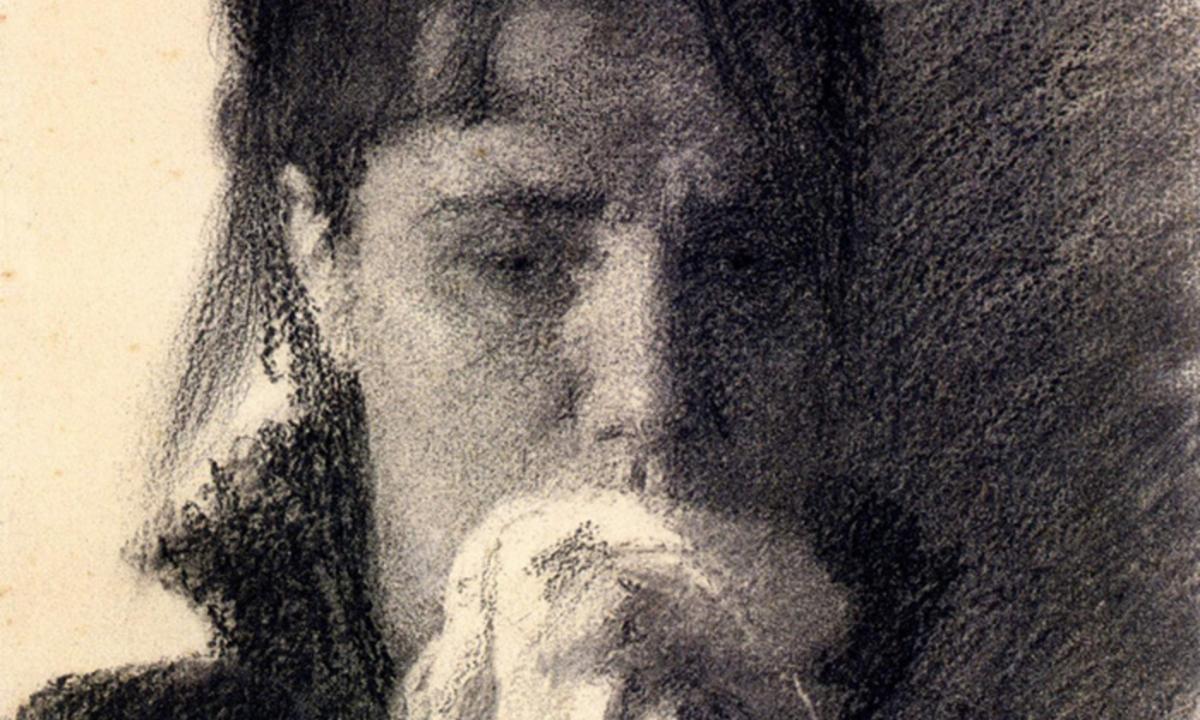
It's complicated - why some grief takes much longer to heal
is a PhD student in the Department of Psychology and Behavioural Sciences at Aarhus University in Denmark
It's a tragic fact of life that most of us will experience the loss of a loved one. Approximately 50 to 55 million people die worldwide each year, and it is estimated that each death leaves an average of five bereaved individuals. The experience of loss usually causes a range of psychosocial reactions, such as withdrawal from social activities, deep sadness, confusion about one's role in life, and bursts of loneliness. In the acute phase of bereavement, these types of grief reactions are often all-consuming, excruciatingly painful, and highly impairing. It can feel as if the love directed towards the deceased person suddenly loses its tangible object, leaving the bereaved individual with an intense emptiness.
Thankfully, over the longer term, most people, most of the time, have sufficient resources to adjust to their new life without the person they've lost. They don't necessarily 'get over' their loss, but they learn to cope. Sadly though, this isn't true for everyone. Accumulating research within psychiatry and psychology has shown that a significant minority of people -
approximately one in 10 - do not recover from grief. Instead, the acute reaction persists over the longer term, leading to trouble thriving socially, mentally and physically.
The distinction between the typical and the more problematic version of grief can be illustrated through an analogy. Much like a physical wound usually heals on its own, even if it is painful and slow, most people recover from their grief without any specialised help. However, occasionally, a physical wound becomes inflamed, and we use ointments, creams and patches to aid the healing process. Similarly, complications can sometimes arise in the grief process, and extra help is then necessary to treat the 'inflamed' grief.
An intricate mix of individual and contextual factors can lead to the development of complicated grief reactions. Imagine Amy, a 50something woman living a quiet life with her husband and two teenage sons. While out for a jog, her husband has a sudden heart attack and falls to the ground. He receives cardiac massage from a passerby but is declared dead at the local hospital hours later. This hypothetical experience could initiate very different paths of grief for Amy. In one scenario, we see an Amy who is profoundly affected by the loss in the acute period of grief. She uses an immense amount of time and energy to prepare the funeral, sort her deceased husband's belongings, and adjust to life as a widow. Her workplace is very understanding of her situation as both her colleagues and supervisor support her and put arrangements in place to manage her absence. She works hard at getting her life back on track to give her children a happy childhood. Five years after her loss, she is highly engaged in an organisation working with the prevention of heart diseases. She still misses her husband tremendously, but she is grateful for the years they spent together...
Every Thursday we publish "AfterTalk Weekly." We invite readers to submit their own poem, essay, or suggestions for publication. If you are a therapist you are welcome to extend this invitation to your clients as well. Please send your submission to [email protected]
* * *
Robert A. Neimeyer, PhD...
...is one of the foremost authorities on bereavement and grief. We are honored to host a weekly question and answer column authored by Dr.
 Neimeyer. We invite you to ask questions with the security of anonymity and confidentiality. Simply email your question to [email protected] or click this link:
|